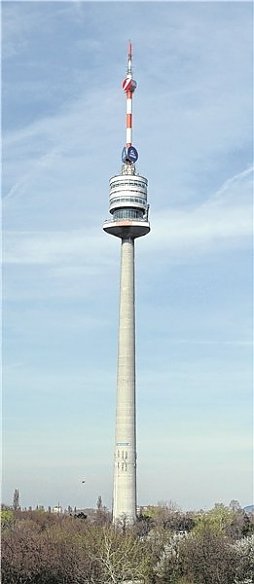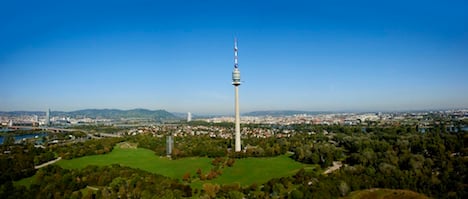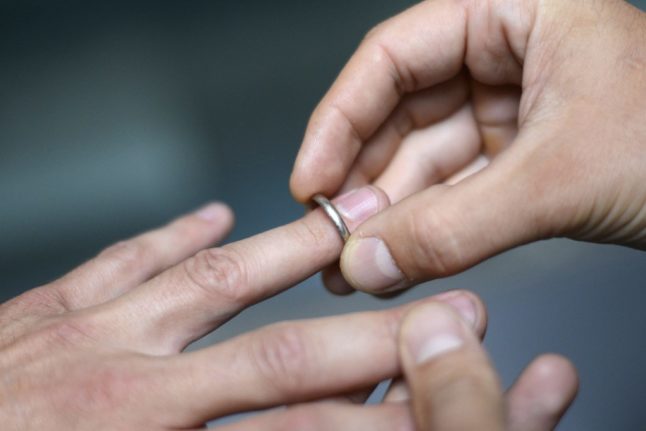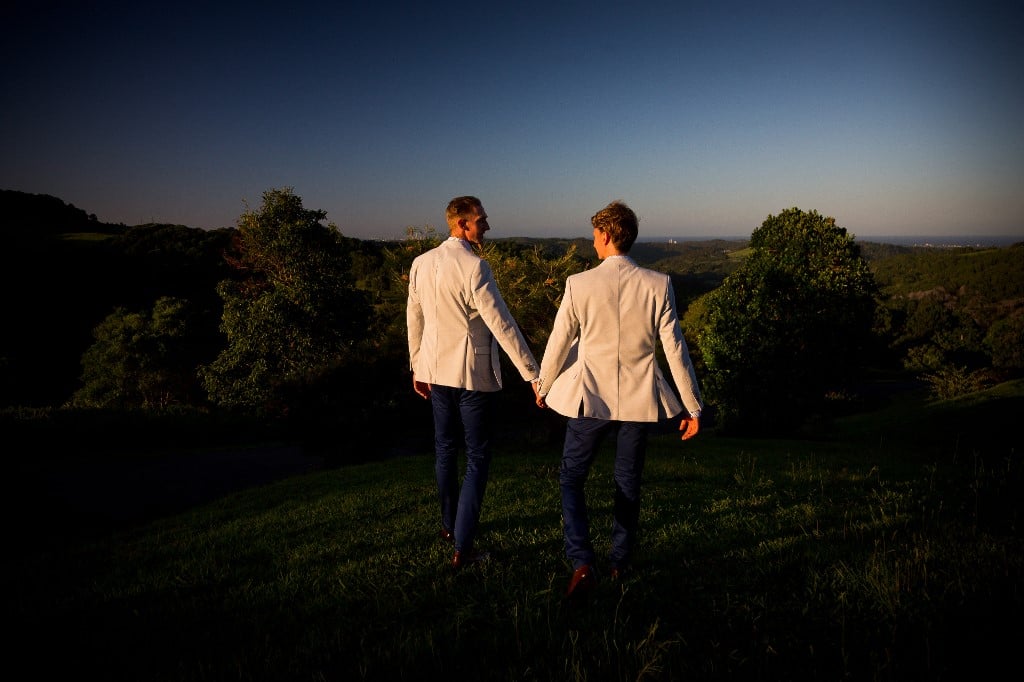Bank Austria announced on Monday that it had decided that "it is not the core business of a bank to manage real estate", and would therefore be selling off its major assets in this area.
As part of the strategy, 80 properties will be sold, including a 95 percent stake in one of the most famous contemporary Viennese landmarks, the 252 metre high Donauturm (Danube Tower.)
Also to be sold will be the Garage Am Hof in the Wiener City, the Wien Mitte shopping complex, and the Schlosshotel Lebenberg in Kitzbühel.
How much do you charge to buy Austria's tallest building? A tough question for real-estate valuers, although some industry experts say the entire portfolio is worth in excess of a billion euros – of which half would go to the Wien Mitte shopping complex, which has already been on sale since November.
An open bidding process has been launched, which will be offered to both domestic and foreign investors, and should be completed within six months.
The Donauturm, which maintains a revolving restaurant as well as bungee jumping and observation decks, has been a landmark in Vienna since its construction in April 1964.

Photo: APA





 Please whitelist us to continue reading.
Please whitelist us to continue reading.
Member comments